MA and PhD Programs
Dr. Andrew Dunlop
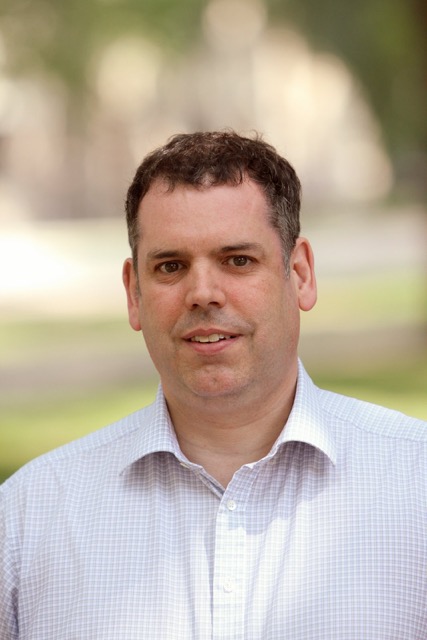
Senior Administration
Grande Prairie Regional College
Graduated: PhD, 2014
Thesis Title (PhD): Progress, Crisis, and Stability: Making the Northwest Plains Agricultural Landscape
As Director of Research and Innovation at Grande Prairie Regional College, my work focuses on three areas: supporting applied research and innovation that directly responds to regional economic and societal needs, building institutional research capacity as part of a transition to university status, and, making experiential learning accessible to rural, remote, and non-traditional students. Coming from an applied geography background, the History PhD program taught me to read and write historiographically, forcing me to broaden my intellectual approach, something invaluable in relating to scholars of different disciplines. I have also been able to apply historical research techniques to better understand why the Peace Region developed a culture and record of innovation unmatched elsewhere in Canada; knowledge that allows me to more successfully align institutional research programs with community-generated initiatives. My dissertation research on twentieth century agricultural innovation revealed that many important discoveries have non-institutional origins, achieved by members of the public in response to local problems. Public institutions, if not always the source of innovative, practical solutions to the many questions that confound society, are well positioned and equipped to test, refine, and disseminate them. These findings convinced me that higher education institutions best contribute to problem-solving by listening to and understanding regional problems, seeking local knowledge, building upon it, sharing it widely, and using it to create a skilled local workforce who will shape the future.
Amber D. Kostuchenko
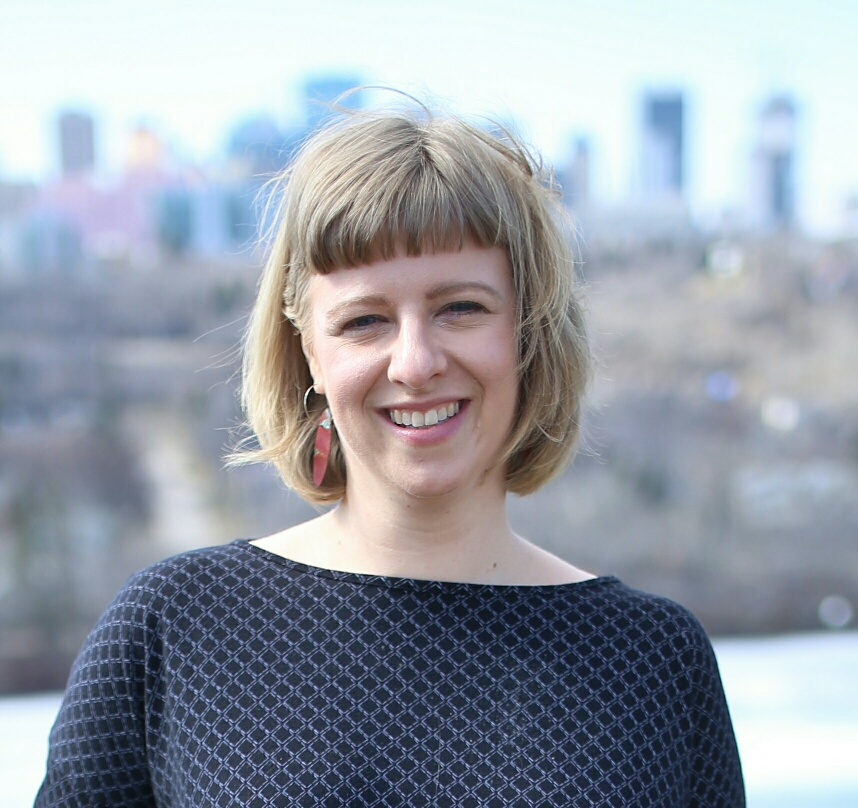
Public Servant
Graduated: MA, 2012
Thesis title (MA): “I am an Indian and live on the Indian Reserve”: history, culture, politics, colonialism, and the (re)making of Chief Billie Hall
Having an M.A. in history from the University of Saskatchewan has been a significant benefit to my career as a public servant. In the years between finishing my B.A. and deciding to start an M.A., I worked as a researcher on Indian residential school claims for the federal government, eventually reaching a point where I was no longer learning or progressing in my career. After completing my MA, I had the skills and knowledge to apply for more senior positions and became the lead staff working on the Government of Canada’s obligations to provide documents to the Indian Residential Schools Truth and Reconciliation Commission, records now available to the public as part of the National Centre for Truth and Reconciliation at the University of Manitoba. The skills I learned about working with and for Indigenous communities from the U of S directly informed my work, and hopefully resulted in the development of a collection of records that will be of interest to IRS survivors, their families and communities, the general public, and academic researchers. I would not have had the skills, knowledge, or confidence to take on these higher positions if not for the great discussions I had with professors and fellow graduate students about the methodological and ethical considerations to “doing” historical, and especially ethnohistorical, research with and for Indigenous communities. I’m proud to see how those skills and approaches I learned are now a part of my daily work as a public servant.
Brandon Morris
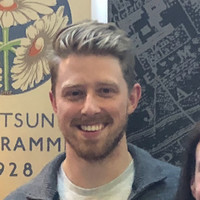
Public Servant
Graduated: MA, 2012
Thesis title (MA): "those two significant Islands": Saint-Pierre and Miquelon, and Social and Cultural Continuity in Northeastern North America, 1763-1793
The graduate program in history at the University of Saskatchewan provided me with the skills necessary to transition from academia to the public service. The Master’s program emphasized critical thinking, analysis, primary research, and writing skills, all of which directly translated to my first position in the Ontario public service (OPS). The knowledge of Indigenous communities and treaties that I gained through my research and coursework were also invaluable to helping me get a government position.
I started with the OPS, as a Research Advisor in 2012, with what was then known as the Ministry of Aboriginal Affairs (now Ministry of Indigenous Affairs). My role was to review First Nation land claim submissions and conduct historical research to help the Minister make a decision on whether to accept a claim for negotiation. In 2014, I made the transition to negotiating land claims – a move which was without doubt aided by the historical knowledge and communication skills that I developed while at the University of Saskatchewan. In my current position as a Resource Liaison Specialist at the Ontario Ministry of Natural Resources and Forestry (MNRF) I provide advice on the ministry’s consultation requirements with Indigenous communities, conduct consultation with Indigenous communities and proponents, and work with communities to develop partnership opportunities. The knowledge of treaties, Indigenous culture, and history that I gained at the U of S continues to serve me well at MNRF.
Dr. Sarah Nickel
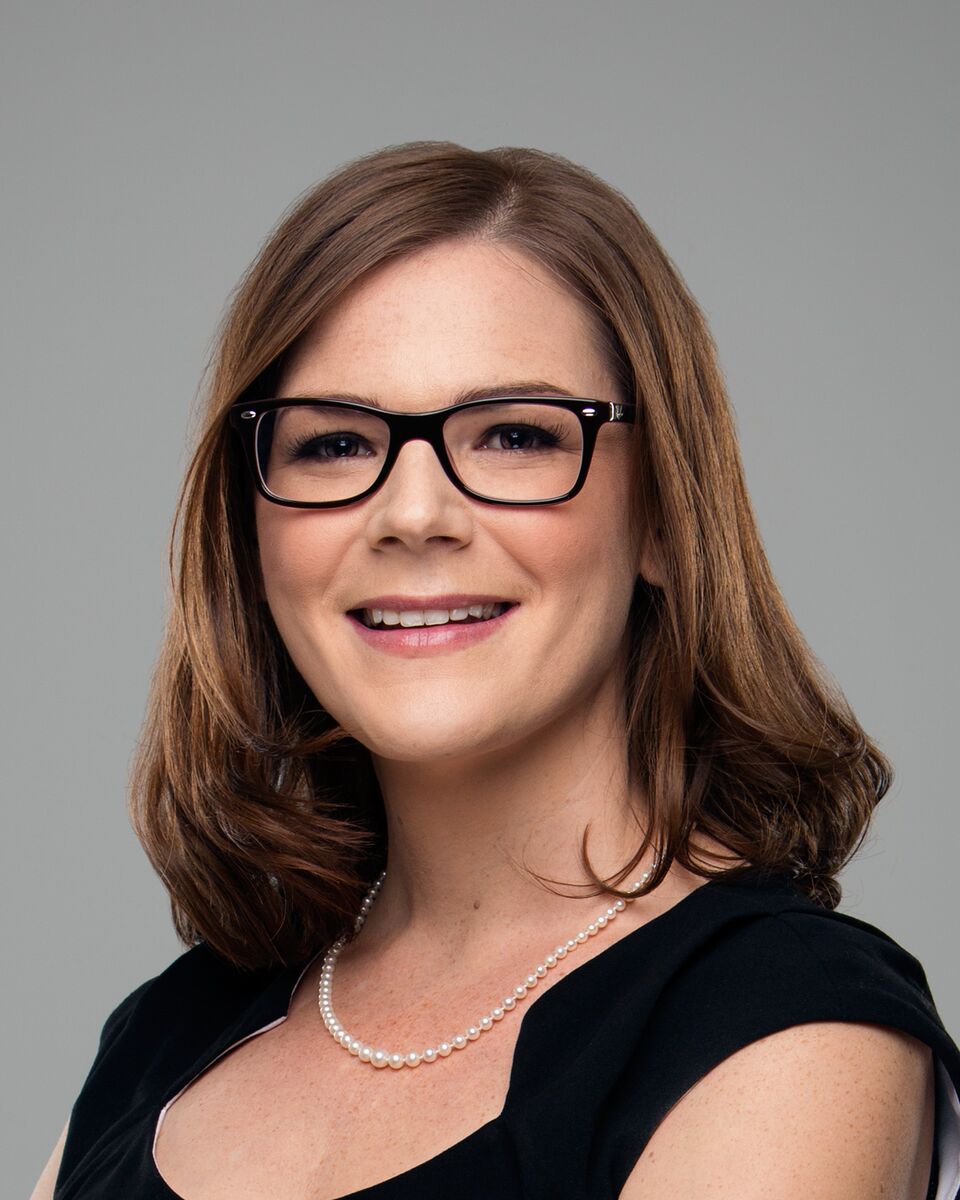
Associate Professor
History and Classics Department (University of Alberta)
Graduated: MA, 2009
Thesis Title (MA) “The Right to be Heard”: Saskatchewan First Nations and Métis Political Activism, 1922-1946
History degrees produce critical minds, meticulous researchers, and excellent communicators. The skills of archival research, oral history work, critical analysis, and writing produce excellent historians, but these skills also translate across disciplines. My Masters degree in History has helped me prepare for my current role as a Professor in Indigenous Studies by training me to find the information I need, and synthesize, analyze, and communicate it in effective ways to different audiences. Being able to communicate information to first year undergrads, community members, upper level students, and professional colleagues means knowing your audience and your material well. It also means knowing how to explain things in different ways. My experience writing and presenting helped me to become a more proficient writer and public speaker, as well as a more engaging one. I’ve learned that it doesn’t matter how interesting you think your material is, you have to present it in a way inspires and excites your audience.
In my current role, I continue to approach everything I do with a historical mind. I’m always asking, “how did we get here?” in order to place current and historical events in their broader context. Understanding historical relationships, continuity and change, is critical for understanding the world. My historical training has therefore given me interesting and effective approaches to researching and teaching in Indigenous Studies.
Dr. Allyson Stevenson
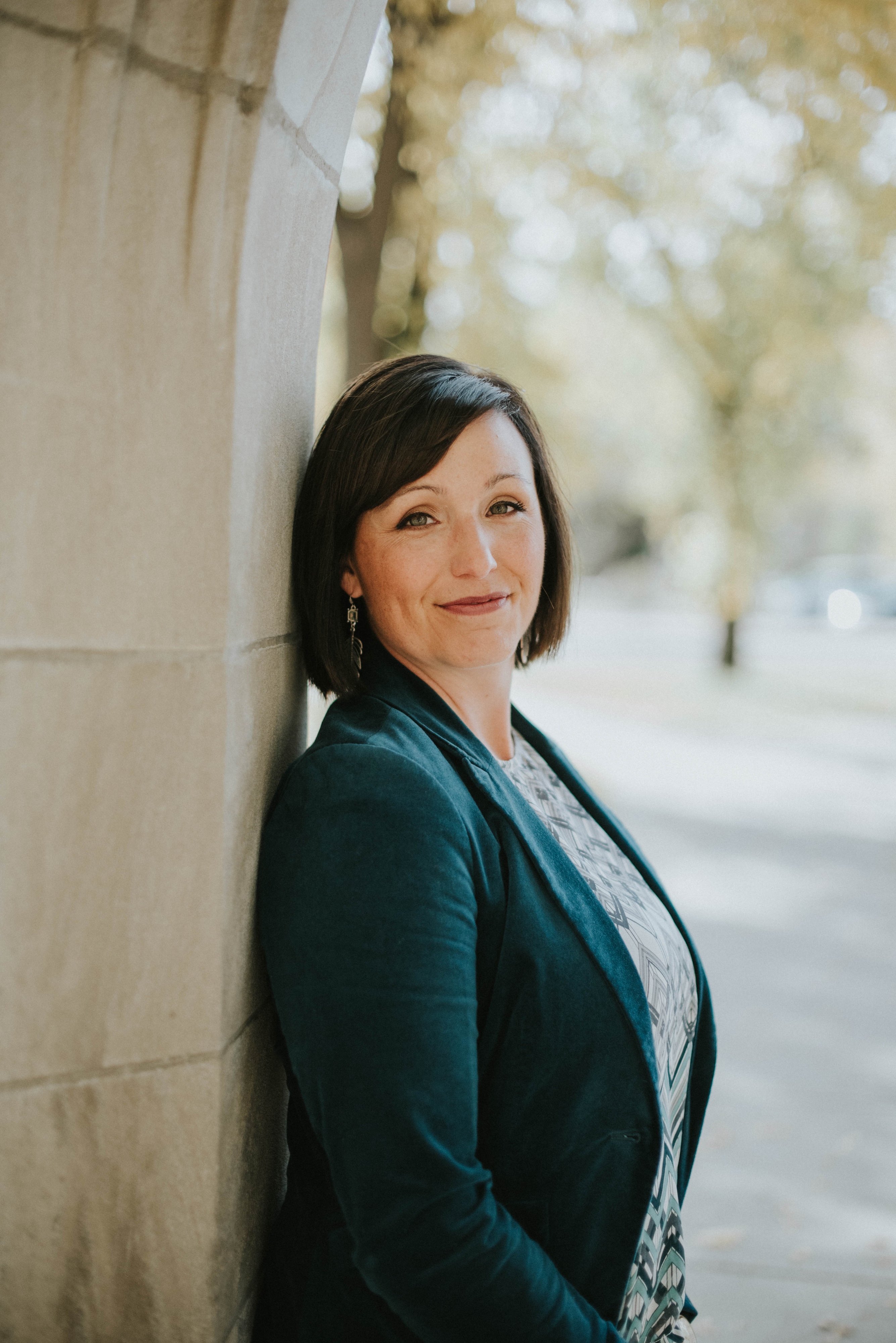
Assistant Professor, Gabriel Dumont Institute Chair in Métis Studies
Department of Indigenous Studies (University of Saskatchewan)
Graduated: PhD 2015, MA 2004
Thesis Title (PhD): “Intimate Integration: A Study of Aboriginal Transracial Adoption in Saskatchewan, 1944-1984”
Seeking historical understandings for contemporary Indigenous-Settler relations has never been more important. As we collectively enter the post-TRC era and reconsider our national past, my scholarly training in History prepared me to speak, think and write about Canada, settler-colonialism and Indigenous histories in a complex and critical way. In my Master’s training, supervised by Canadian Native-Newcomer specialist JR Miller I examined the Metis cultural brokers, and demonstrated that the Western Numbered treaty negotiations were rooted in Indigenous Plains Diplomacy. Through his Research Chair, I was awarded the Native Newcomer Scholarship to support my research. This research began what was to be an ongoing program of historical discovery rooted in more deeply understanding Indigenous kinship as constitutive of Indigenous legal and political orders. For my PhD dissertation, supervised by Dr Valerie Korinek, a leading Canadian scholar of Gender and Sexualities histories, I further broadened by intellectual horizons to embed Indigenous gender and women’s histories as a core research concern. My research on the emergence of the Sixties Scoop in Saskatchewan and the rise of Child Welfare interventions in Indigenous families globally, has been received positively in the academic community, as well as by survivors of these programs more broadly. Through the training, mentorship, intellectual and professional development I received during my MA and PhD programs, I was well prepared to enter the challenging academic job market and secure a prestigious Tier II Canada Research Chair at the University of Regina in 2018.
My current research program investigates the emergence of global Indigenous self-determination movements following World War II. It takes an historical look at the internationalization of Indigenous rights through a global social justice lens, focusing on the experiences of Indigenous children, youth and women. As I undertake my new leadership role in both the University of Regina community, and wider academic community, I recognize the significance of my graduate training that has enabled me write persuasively, to think critically and speak to diverse audiences. More importantly though, I recognize the less tangible influences of intellectual mentors who pushed me, who believed in me, and encouraged me to press onward despite daunting challenges. In developing my research program, working with students and teaching courses, I anticipate that the preparation and skills I developed as a PhD and MA student will serve me well.
Marc Usunier

University Administration
Graduated: MA, 2010
Thesis Title (MA): The Aspiring Men of Punch: Patrolling the boundaries of the Victorian gentleman
Undergraduate Program
Jen Pederson
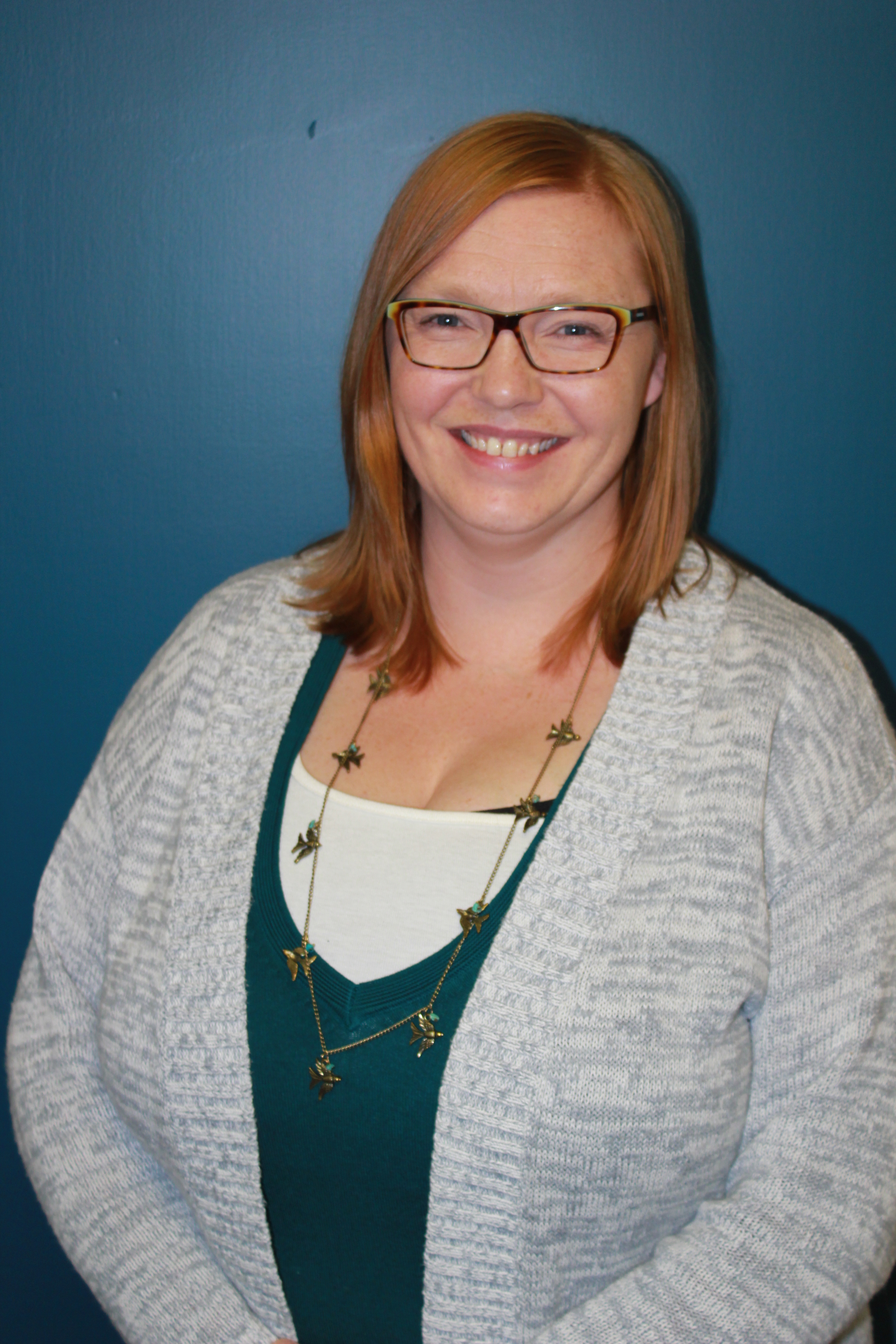
Director of Development, Certified Fundraising Executive
Graduated: BA (Hons), 1997
In my final year I took two history courses that perhaps foreshadowed my career – a seminar on the settlement of the Canadian West and a historiography class that had a profound effect on how I looked at history, the notion of objectivity, and museums. After several working years in the charitable sector with sojourns into historical research and writing along the way, I came to the Western Development Museum (WDM) as the Director of Development in 2011. I oversee fundraising programs for the WDM, seeking to ensure ample resources for Saskatchewan’s history museum. The WDM’s work is grounded in the artifacts and their stories and I like to think that my academic background helps me to share those stories with our supporters.
Beyond learning the names and dates, larger concepts, patterns and themes, I appreciate having had the opportunity to study with professors and instructors with diverse areas of expertise and approaches, which helped inform my communication style when talking about history. I was part of the group of students that founded the History Undergraduate Students’ Association, an early opportunity to build relationships and leadership skills. I know I use my history degree every day in my job. Fundraising is work that requires passion for the cause one is working for. Being a confident researcher and writer, and being able to draw connections and common threads allows me to create a solid case for support for the WDM and gives me the opportunity to share my passion for history with everyone who chooses to give to the WDM.
Tracey Mitchell
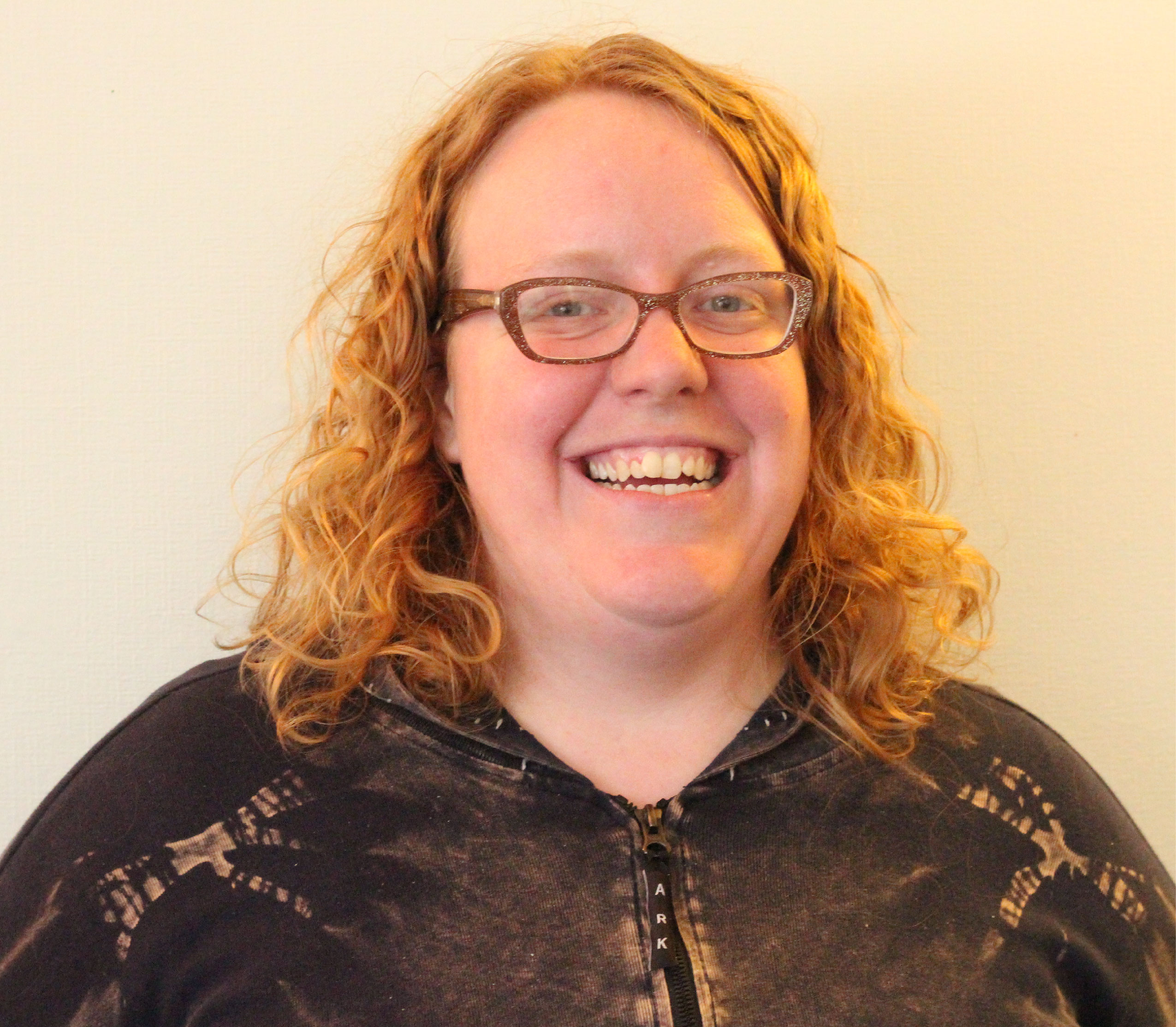
Mentor and Coordinator
Graduated: BA (Hons.), 2007 in History & Sociology.
I currently work for Next Up Leadership coordinating training programs in Saskatchewan for young social and environmental justice leaders. My other job involves coordinating and mentoring mental health & addictions peer support workers. I am also involved in the community, as a member of Bus Riders of Saskatoon and Climate Justice Saskatoon, an active volunteer in the arts community, and a member of the national board of the Council of Canadians.
I have never been able to just pick one thing and run with it, so pursuing a double major in History & Sociology worked well for me. Studying history made me a better writer. In seminars, I became more confident discussing my ideas, and learned not to take it personally when others disagreed. The History department at the U of S offers a lot of really interesting classes about stories that used to get lost in history books including Indigenous, LGBTQ, women's, Latin American and environmental histories. I loved the excuse to "nerd out" in the microfilm room in the library, reading old newspaper stories about key events and moments in the history of movements of which I am now a part. We can't make a better future without knowing our histories. I am ever grateful to the professors and staff in the U of S Department of History for the opportunity to learn and grow personally and professionally in my time there.